Seven Principles of Leave No Trace (LNT)
The first thing to mention is that LNT is not so much a set of specific things to do or not to do, it is a top down way of thinking. When visiting the National Parks, Forests, or any other natural areas, keep in mind that we humans and our companions are visiting the homes of innumerable plants, animals, and precious ecosystems. While we are able to go back to our neighborhoods and yards at the end of the day, what we do or leave behind becomes the reality for those whose homes we have graced. Keep your experience in the woods just that – yours. That way, we can preserve the lands for generations to come.
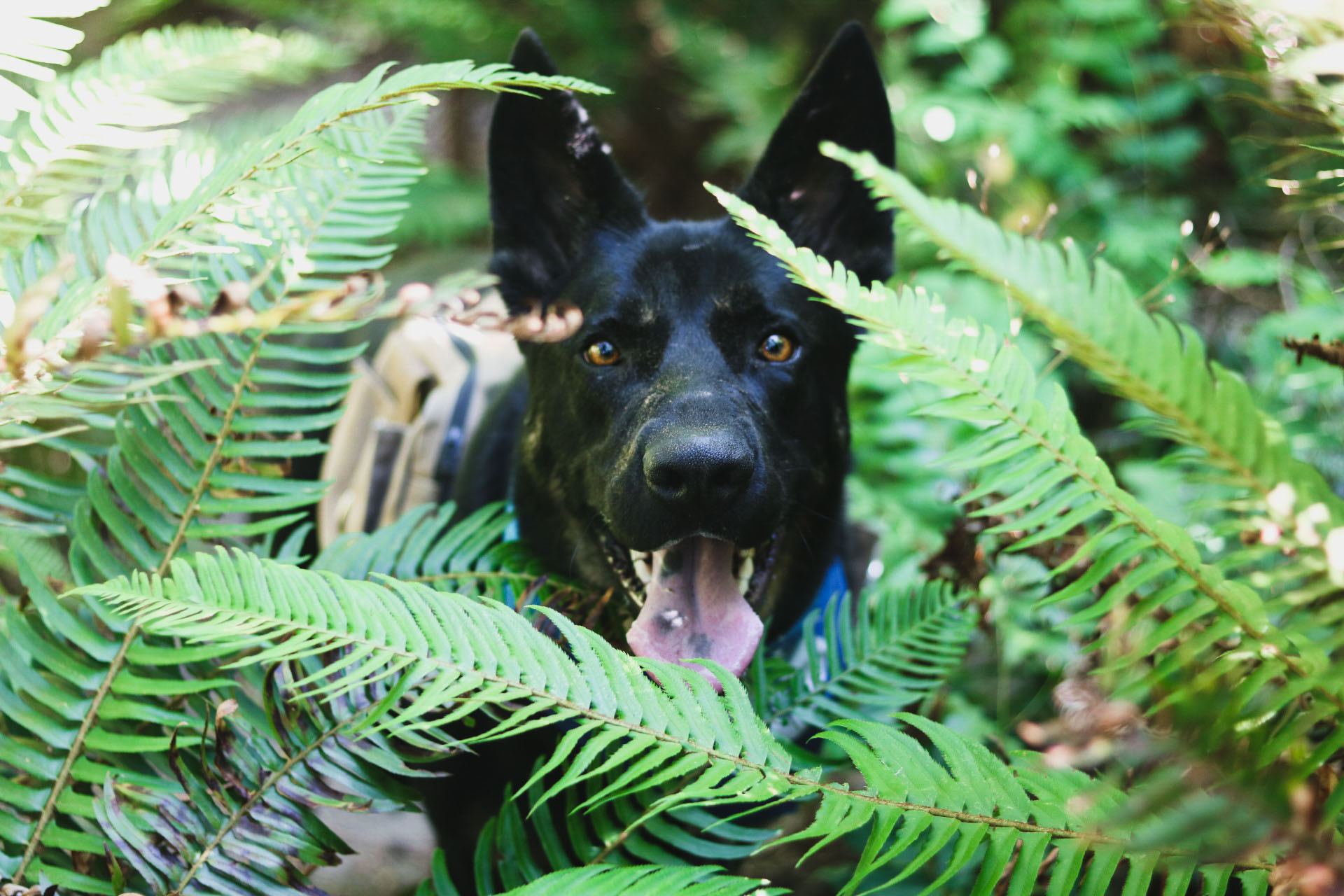
1. Plan Ahead and Prepare
- Know where you are going and any special concerns that area may have
- Check out the updated 10 Essential Systems and pack accordingly
- Make sure everyone in your group is on the same page for the trip plan
- Visit in small groups when possible to minimize impact
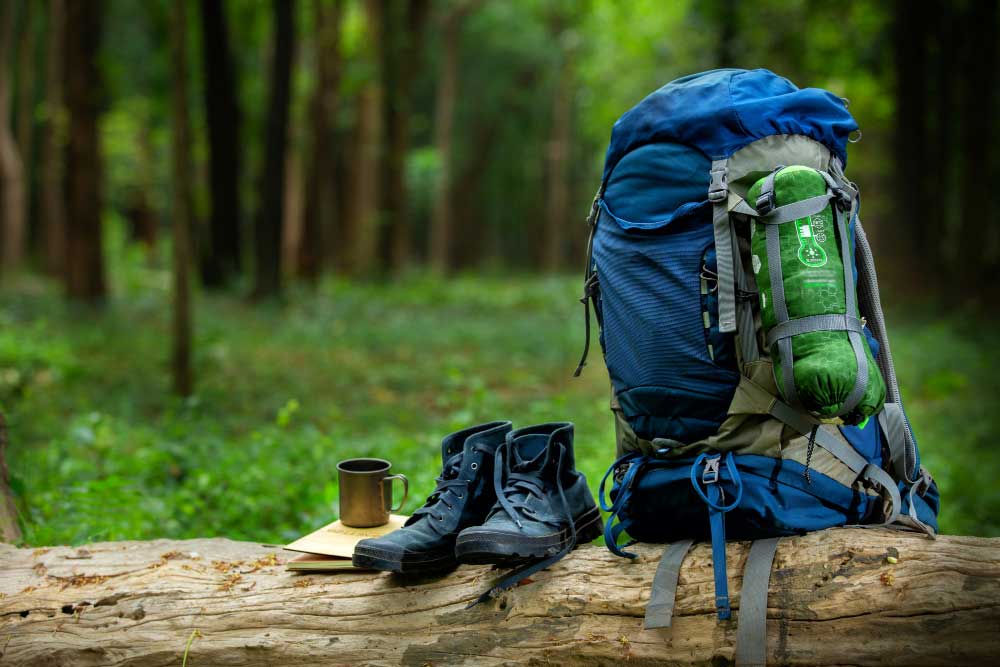
2. Travel and Camp on Durable Surfaces
- Do not cut switchbacks – this causes erosion and trail damage
- When going off trail, make sure to check local regulations. In some places it is illegal for sound environmental reasons. Good campsites are found, not made.
- Some trail apps and websites are able to display established and maintained campgrounds, even for the backcountry.
- Look for areas that are flat and have minimal vegetation.
- Avoid trampling bushes, shrubs, or grass
- Camp at least 200 ft. away from lakes and streams in order to protect riparian areas
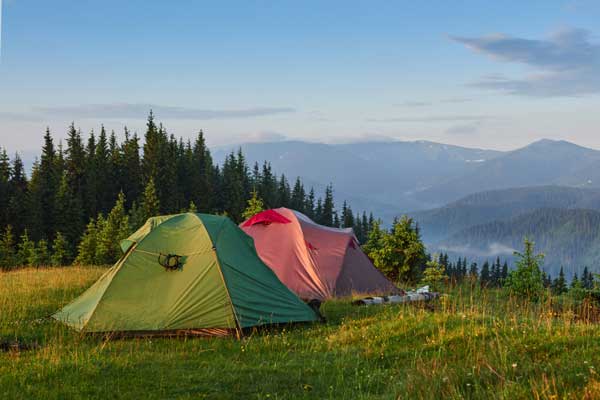
3. Dispose of Waste Properly Pack it in, pack it out.
- Check you campsite and other used areas for food waste, wrappers, pet waste, or other litter before departing
- Use biodegradable poop bags Bury solid human (and pet) waste.
- These must be dug 6-8 inches deep and at least 200 ft. away from water sources, camps, and trails
- Pack out toilet paper and other hygiene products.
- These are very hard to degrade and the scent may attract animals
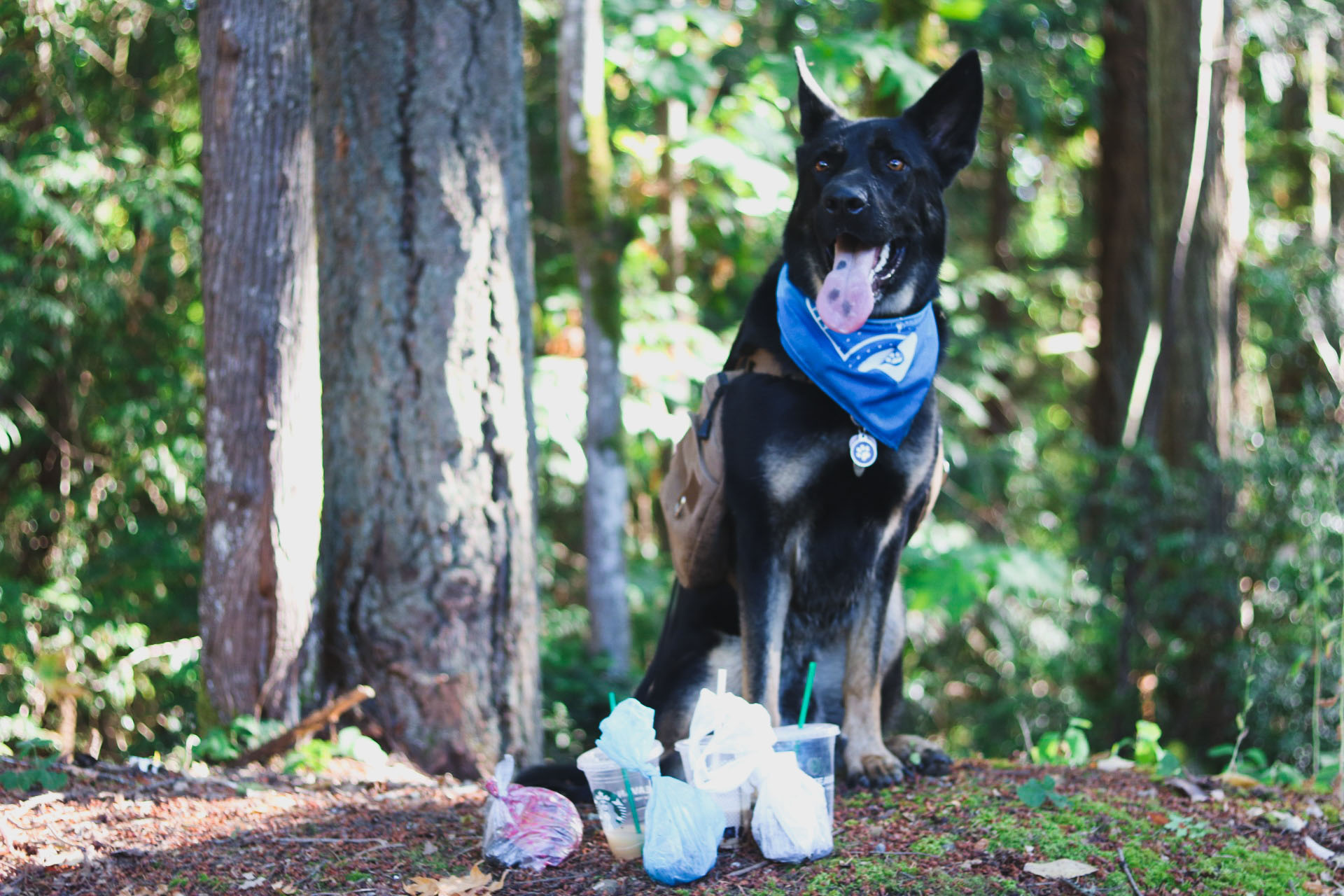
4. Leave What You Find Preserve your surroundings.
- Look but do not touch natural, cultural, or historic structures Leave rocks, plants, and other natural objects as you found them
- Do not build furniture, stack rocks, deface natural structures, etc
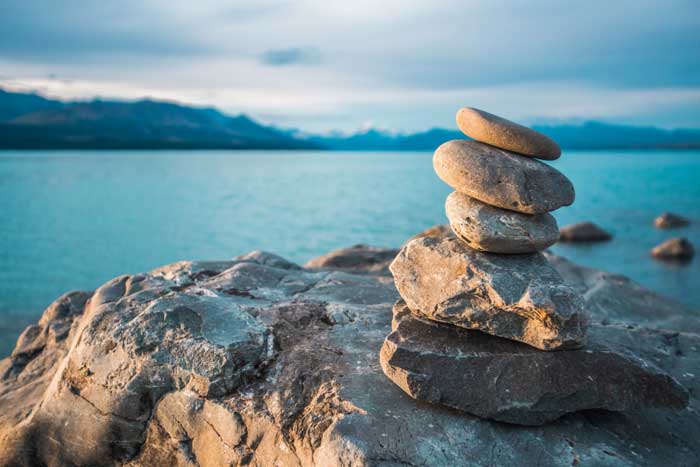
5. Minimize Campfire Impacts Know the fire regulations of where you are going.
- Most places do not allow fires above 3500 ft. elevation.
- Use a lightweight backpacking stove for cooking when possible Like camps, use established fire rings when possible
- Keep fires small and only harvest tinder/fuel that can be broken by hand.
- Avoid large logs or sawing fallen trees
- Burn your fires to ash.
- Put it out by pouring water until the coals have fallen silent (not just the red ones), add sand, stir the pit, and check your surroundings for any escaped embers
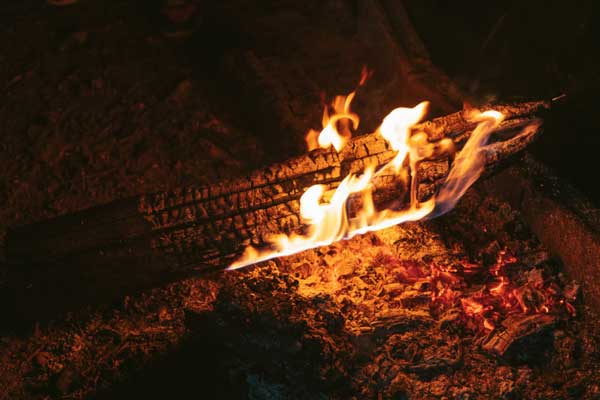
6. Respect Wildlife Be aware of wildlife that may be found in the area you are visiting
- Do not approach or allow your pet to approach or follow any wildlife
- Never feed animals.
- Feeding them alters natural behaviors, damages health, and invites them to approach humans and other dangers
- Store and dispose of food and food waste securely
- Avoid wildlife during sensitive times such as mating, nesting, raising young, or winter
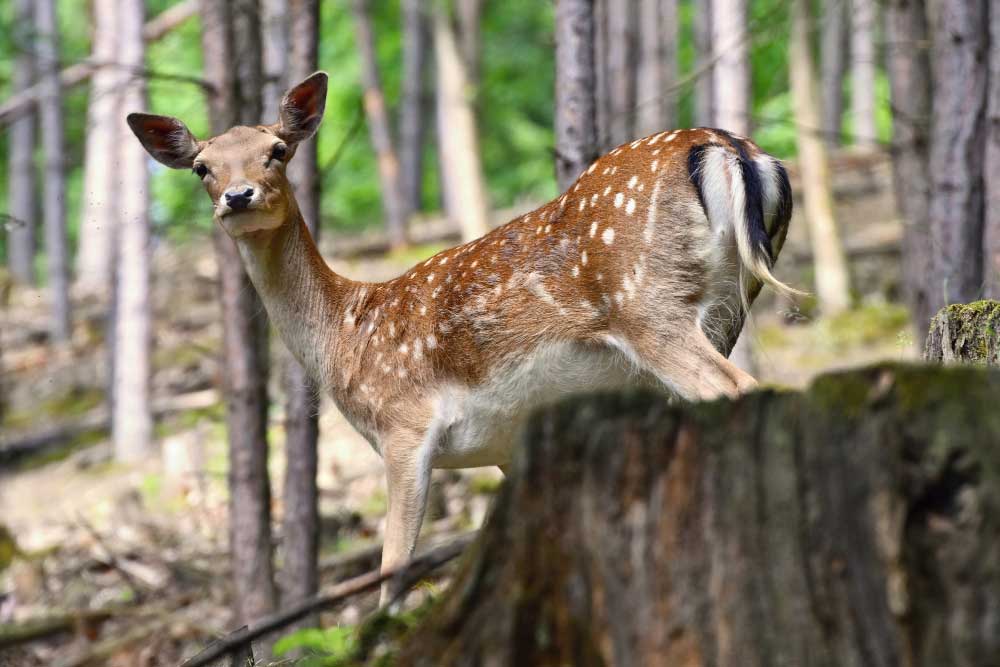
7. Be Considerate of Other Visitors – Protect the quality of others’ experience
- Yield to others on the trail
- Camp and take breaks away from trails
- Avoid loud voices, playing music on speakers, leaving behind pet waste, allowing your pets to bark excessively, and other disturbances
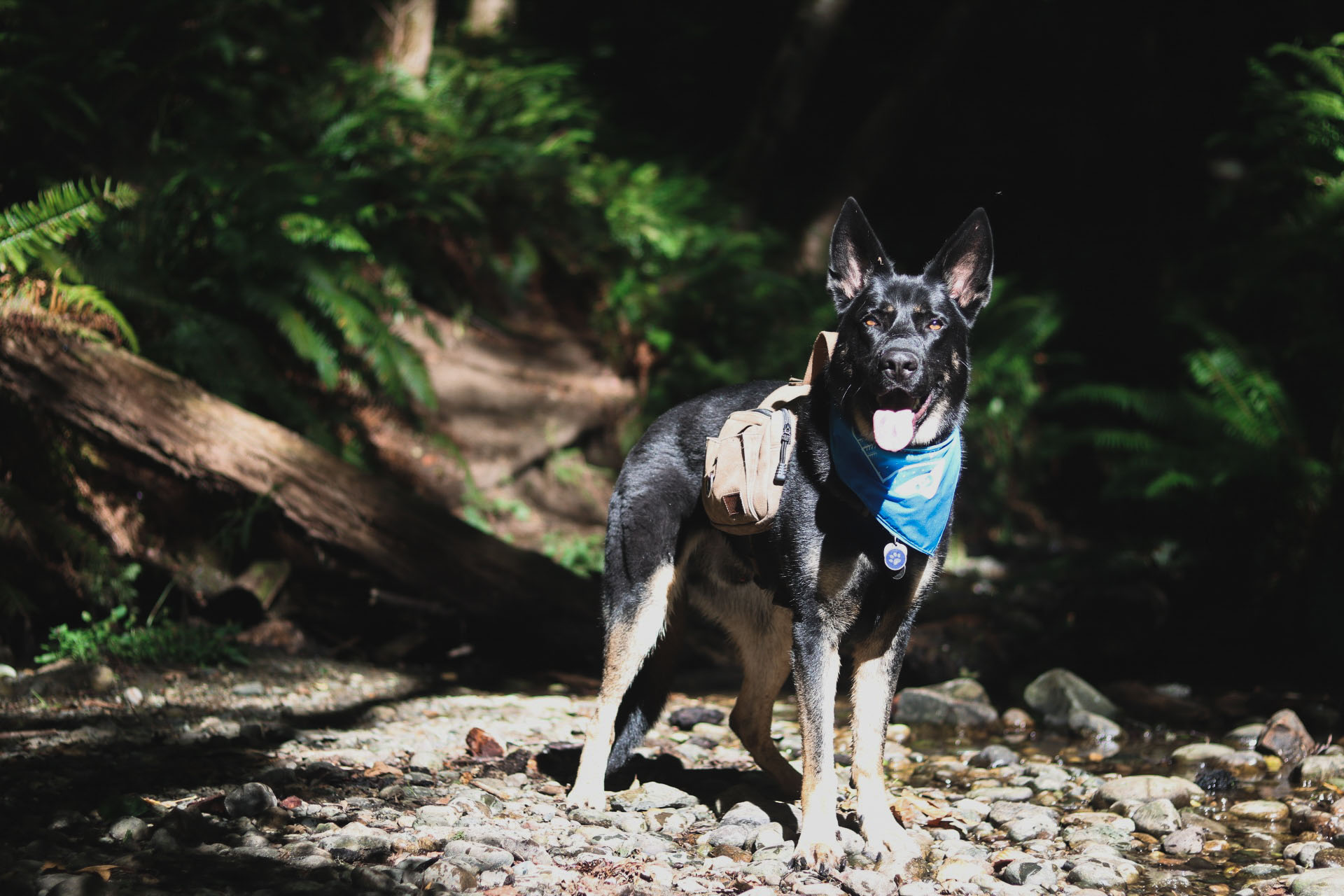
Bonus, Number 8: Leave Things Better than When You Found It.
- Fostering a culture of mindfulness for both you and your dog will have lasting impacts.
- Consider volunteering with local trail crews or simply picking up any debris or pet waste you find left behind.
- Leave the trails better than you found it.
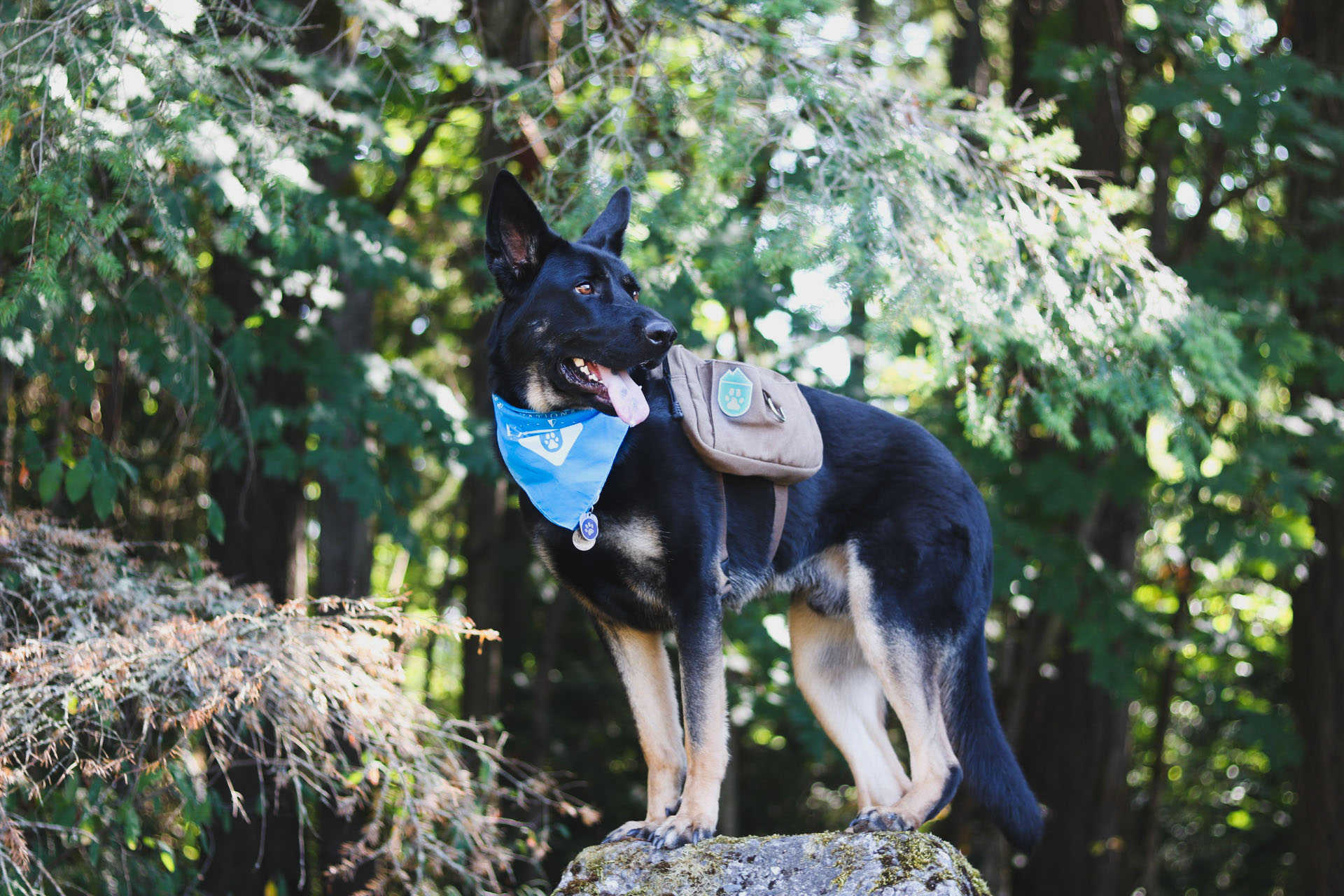

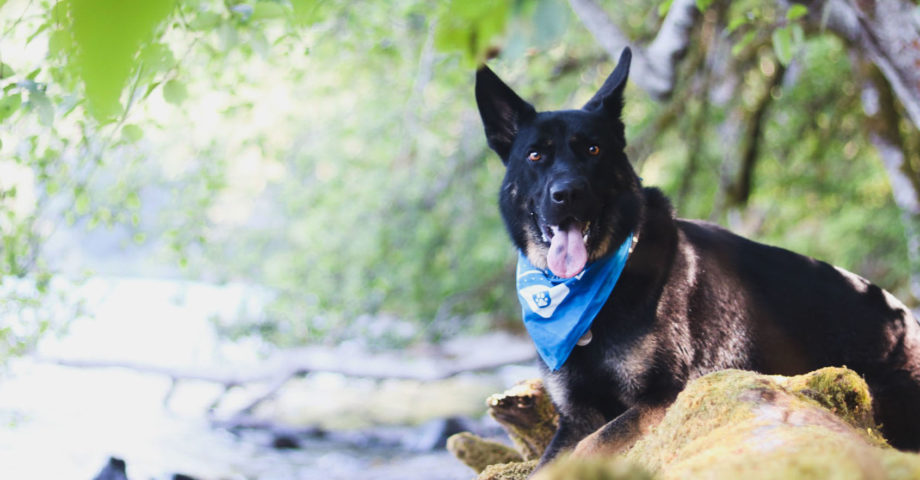
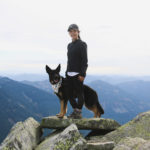

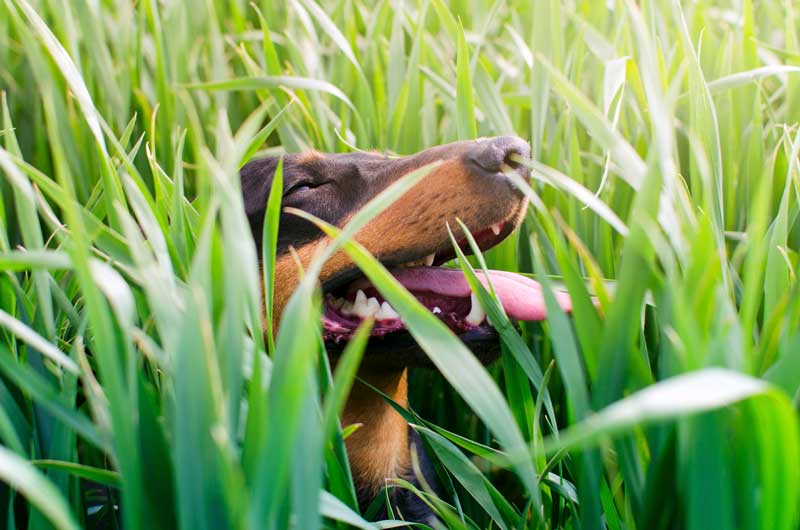
Leave a Comment